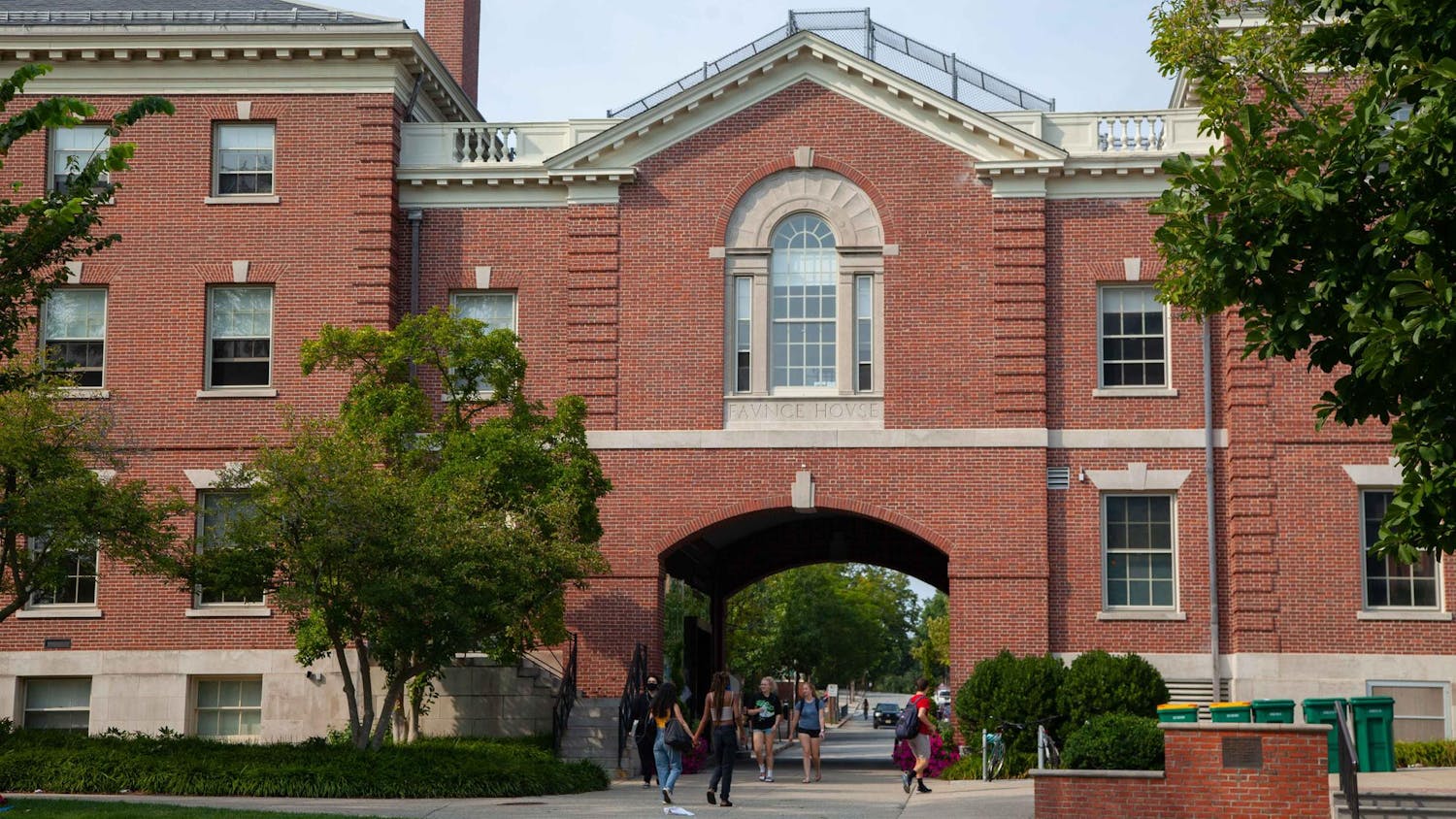Correction Appended.
Many elite institutions, including Brown, are on a "financially unsustainable" economic path, according to a joint report released in July from Bain & Company, a consulting firm, and Sterling Partners, a private equity firm. Their analysis found that nearly one-third of the 1,700 colleges and universities they analyzed were unsustainable, and data gathered from 2005-2010 suggests a worsening financial outlook for Brown.
The University's expense ratio - a measure of its costs to its earnings - increased by 22 percent. Its equity ratio - a measure of its equity as a percentage of assets - decreased by seven percent. The trends in both the expense and equity ratios place the University in the highest risk category among the colleges and universities included in the report.
"The point of the report wasn't to pick winners and losers - it was to show there is a problem," said Tom Dretler, an executive at Sterling and co-author of the analysis, titled "The Financially Sustainable University."
He said the report aims to raise concerns about the ability of higher education institutions to meet goals of maintaining financial aid programs while adapting to new and more diverse student demographics.
Dretler's general advice to schools included initiating cuts farthest from "the academic core" and looking at administrative overhead. He said he could not recommend any specific changes for the University without reviewing relevant data.
But administrative overhead "would be remarkably hard to get rid of," said Michael Rizzo, an assistant professor of economics at the University of Rochester who was a researcher with the Cornell Higher Education Research Institute.
Financial sustainability can be an issue for most colleges during a bad economy, but highly ranked schools generally weather downturns successfully, Rizzo said.
He explained that colleges don't benefit from the "experience curve" - an ability to make a product cost-efficient over time as detailed in the report - because instruction is a "labor-intensive" process. It involves face-to-face interaction and cannot take advantage of technology as much as other industries, Rizzo said.
Beppie Huidekoper, Brown's executive vice president for finance and administration, said the information in the report is not new, adding that it raises the same questions higher education has been dealing with since the start of the economic downturn.
Huidekoper said that the University has already taken steps to increase financial sustainability. Many of the changes mentioned by Huidekoper are similar to those outlined by Bain and Sterling. For example, by using cloud-based software, Huidekoper said the university spends 25 percent of what peer institutions spend on similar services.
The University has not increased its administrative spending in the past 10 years, Huidekoper said. She said the University has done everything to cut costs short of jeopardizing its educational mission. For example, the University expanded advising in the 2000s and continues to work on improving financial aid, a particular focus of former President Ruth Simmons' administration that new President Christina Paxson has promised to sustain.
One solution offered in the report - maintaining liquidity in real estate assets - does not have a huge economic impact at a high-endowment institution like Brown, Huidekoper said. Certain cost-cutting measures like space consolidation are harder to manage, she said, because the University's real estate decisions are not just about efficiency, but the campus experience.
"There's some things higher ed is just not going to do as efficiently as other industries," she said.
Huidekoper added that the University plans on monitoring new initiatives at other colleges, such as Wesleyan, which is developing a three-year degree.
Dretler said that though it is more difficult to create financial change in higher education than in other industries, universities must explore innovative solutions.
"I don't think it's appropriate to say that higher education, by nature of academia, is unable to change," Dretler said.
The report does not financially benefit Sterling, which owns some businesses involved with higher education, Dretler said, though he added colleges could benefit from partnerships with private companies.
Huidekoper, who said past efforts show that internally driven reform can prove more successful than bringing in outside consultants, said the University has no intention of hiring a consulting firm to advise on potential financial reforms.
A previous version of this article stated that the University's expense ratio decreased by 22 percent. In fact, it increased by that amount. The Herald regrets the error.




